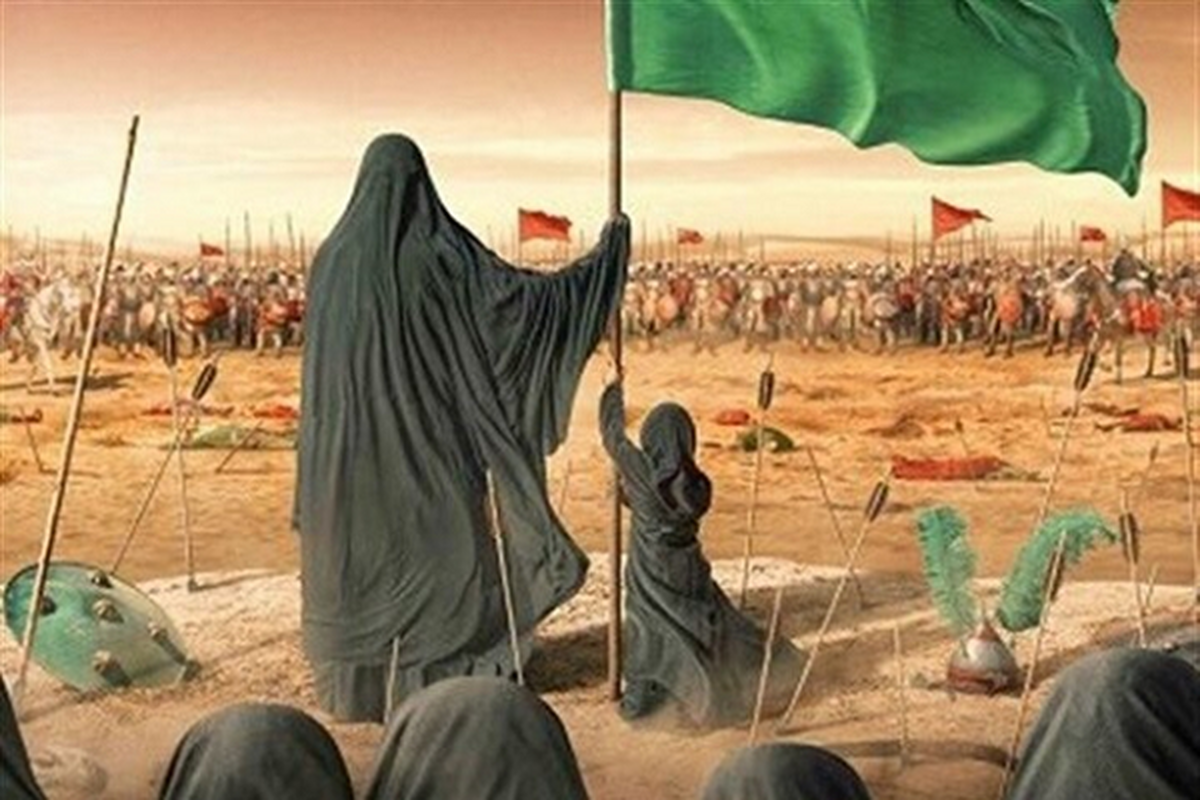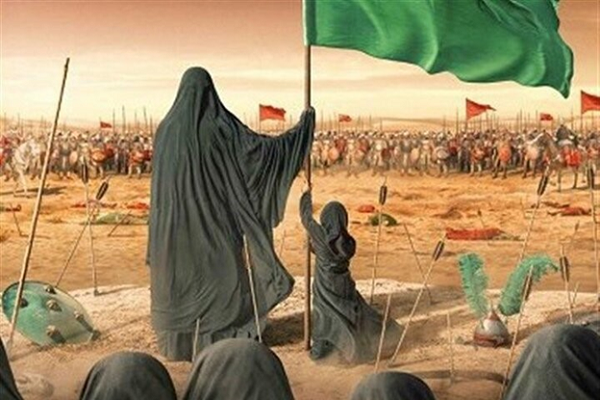Ashura Uprising Multifaceted, Inspirational


This is according to Quranic researcher Mohsen Armin, speaking to IQNA about Ashura. Excerpts of his remarks are as follows:
There have been different interpretations of the event of Ashura but I believe one should differentiate between the truth of Ashura and its various manifestations.
For example, seeking martyrdom is one of the aspects of Ashura. But can it determine all situations of our life? According to the Quran, one should not seek death. Life, from the Quran’s point of view, is from God’s spirit and is therefore a divine truth and valuable. The Quran says ending one’s life unreasonably is like ending all people’s lives.
In addition to epic and martyrdom, Ashura also has negotiation and dialogue. Why shouldn’t we get inspired by Imam Hussein’s (AS) negotiation with Omar Saad and the Army of Kufa for preventing war, and come to the conclusion that acting based on principles of Ashura means preventing war?
The idea that life is meaningless and the lack of spirituality threaten modern era’s man. Ashura ca certainly be inspirational to modern man and give meaning to his life, provided that we understand Ashura well.
The truth of Ashura is answering the question of living at what cost? We humans have interests, attachments and dependencies. The message of Ashura for modern man is one of spirituality, that there is a truth and meaning that transcends routine daily attachments and attractions.
Modern intellect is one that has no relation with goodness and virtue at the practical level. The peak of its flight is deontological ethics or utilitarian ethics. In any case, if the outcome of modern intellect is emptying life of meaning and God, the culture of Ashura can fill this void in life and give meaning to life.
Imam Hussein (AS) said: “If you have no religion and no fear of the Resurrection Day, at least be noble men in your world.” The first condition for nobility is being free from others’ confinement. AT the same time, as I said before, we can claim that true freedom is that which is accompanied by nobleness.
When we look at the path Imam Hussein (AS) took from Medina to Mecca and then Kufa, we can detect a logic in it, and that is that Imam Hussein (AS) seeks his right and the society’s right to be free to pledge allegiance, vote and criticize the ruling power. The right to voice opposition and the right to be free to whether or not pledge allegiance and the right to let the society decide for itself are principles that Imam (AS) always emphasized on the path from Medina to Mecca and from Mecca to Kufa.
Of course, martyrdom is among the manifestations of Ashura. But when does it become necessary according to Imam Hussein (AS)? Where and under what circumstances does he choose martyrdom? When he said: “Beware! Now this impostor, son of the impostor [Ubaydullah b. Ziyad, son of Ziyad b. Abih] has cornered me between two things: between unsheathing the swords, and bearing humiliation. And far be it that we accept humiliation.”
I think the truth of Ashura is in this sentence and other issues I referred to earlier are the manifestations of this truth.
In other words, can one sell his soul and true humanity for the continuation of a humiliating life that has no dignity? Ashura tells us that it is selling the hereafter for the world that has little value. In this meaning, Ashura is the translation of the Quran.


